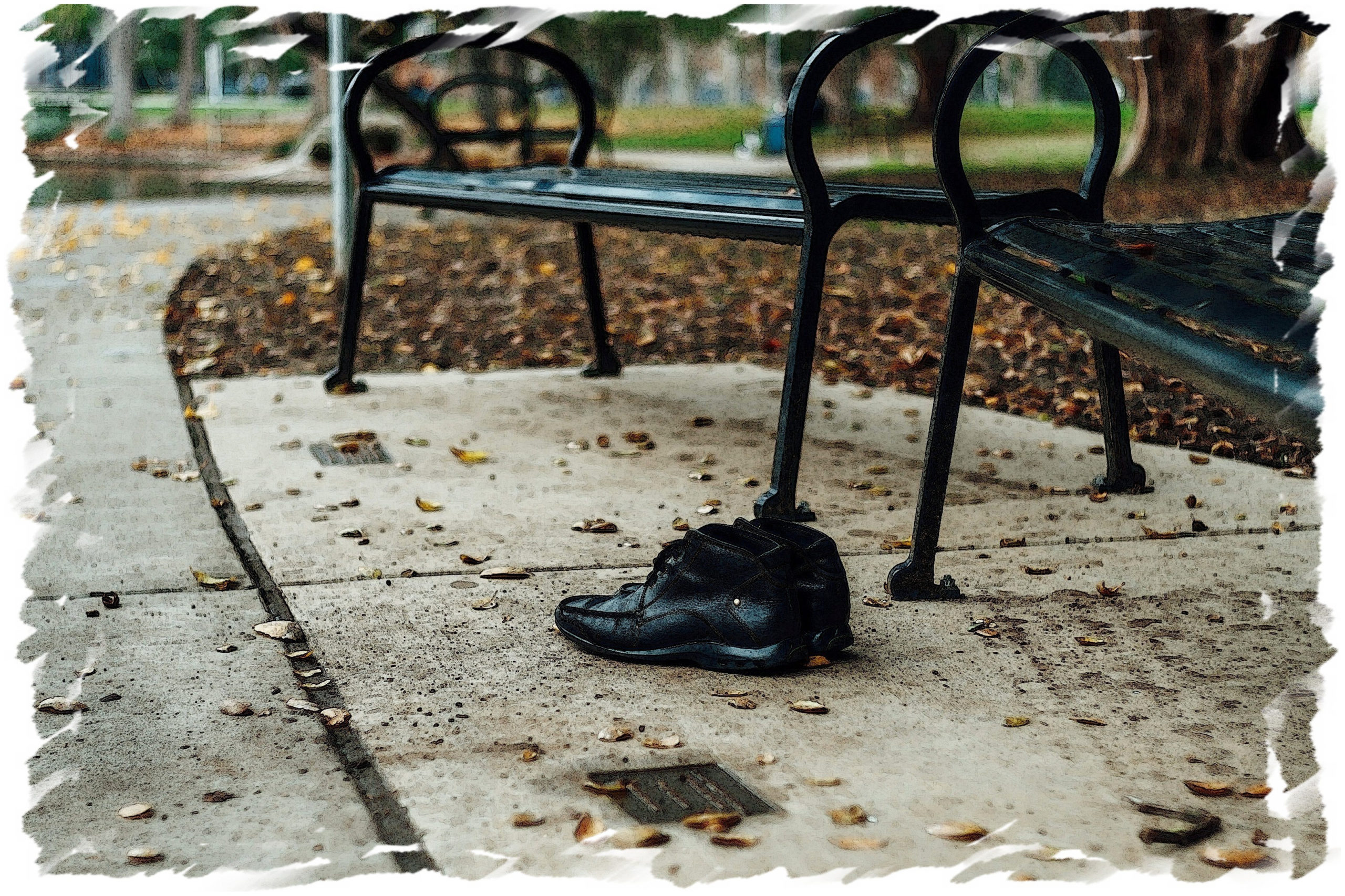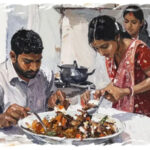Cousin Freddie
I’ve spoken often of the black sheep I know (if anybody is the black sheep of their family, I surely am) but let me devote some time here to one of the good eggs. Let me mention my cousin Freddie. My first memory of cousin Freddie is of him parading on his water skis behind his parents’ boat in one of Alabama’s big lakes with a good pyramid-shape of comely young females atop his shoulders, each of them hooping and hollering into the summer sun. He did a good turn of this around the lake with his parents’ boats swerving this way and that and Freddie now and then lifting one or the other foot above water while managing not to lose a single gal atop his shoulders. The judges of his display were seated dockside and looking all goggle-eyed at Freddie’s display of wonder on the lake. “First place!” they proclaimed one and all and gave the cash prize, the first of many, to young Fred there dripping wet in his swim trunks.
That must have been nearly 50 years ago, and what can I say but that with the winnings from his water skiing contests, Freddie went on to further notice in the world of business. He used that money he’d won to go back to school and earned first a Bachelor’s Degree in Business Administration and then a Master’s Degree in International Business. And upon graduating, he shocked his family and fans in the world of water sports by saying, “I’m going to take some of these water sports resorts and fill them all in with earth and grass and build a place of my own with hooping and hollering and dancing cowboys and girls.”
“He’ll lose his shirt,” I said about this to my mother when we got the news where we were by then residing in Maryland around 40 years ago.
“No, you just wait,” my mother said. “Freddie’s no dummy.”
And damn if the man didn’t rake in the big bucks. He opened one Dixie Stampede (so he called these dinner and dancing resorts) after another, one in Pigeon Forge, Tennessee and another in Branson, Missouri, with more to follow around the country. Admittedly, he did get taken in by some ne’er-do-wells back in the ’90s on a bad deal to open up a resort in Australia, but he immediately came back afresh from that fiasco by becoming partners with the country singer Dolly Parton on her own string of entertainment venues called Dollywood. And to this day, my cousin Freddie is a good picture of fiscal and physical health, taking part as he does in drag racing and motorcycle sports in his spare time. I last saw him at my mother’s funeral just today when he flew up to my Mid-Atlantic city with his wife, mother and sisters in his private plane, and his eyes lit up with talk of yet another deal.
My only regret when it comes to my cousin Freddie is that the man just seems to have so little poetry in his life. And I think of what the poet Wallace Stevens said early in the last century, “There’s no money in poetry, but there’s no poetry in money either.” Damn, if that’s not the truth. I sit here in darkness as my cousin rakes in another cool mint, and I smile with gratitude at what I have seen in words over the years.
Jackson Hyatt
To this day, no one knows how Jackson and my father met. All people can say is that Jackson had a love of the country, and my father owned a sizable farm and, well, they just needed each other. Jackson’s son had become a policeman up north, and his daughter, a beauty, had married a gentleman here in Maryland. As for Jackson’s woman, they had long since parted ways. So Jackson was very much alone in the world, and my father came to lend a hand. My Dad braved the racist bureaucracy of the Deep South to arrange medical help for Jackson’s crippling arthritis (for Jackson was a Black man and undesired in those parts) and had my sister, a pharmacist, send Jackson the medication he needed as he braved one illness after another. All my father asked in return was that Jackson looks after my father’s cattle. And in time, Jackson and my father became good friends.
The one problem my father cautioned Jackson about was Jackson’s diet. “That salt and high cholesterol are not good for you, Jackson,” my father said. “You need healthy food.”
Jackson being a big man prone to a big man’s appetite, simply replied, “A man’s got to eat what he’s got to eat.”
Time and again, my father and Jackson had these conversations. But Jackson simply would not listen. Until, at last, one autumn day shortly after one of my father’s visits to his Alabama farm, he received a phone call. We all looked at him as he answered and said, “Is that so? Well, I’m awfully sorry. Thank you for letting me know.” Then he hung up and said in a shaky voice, “Jackson’s dead. He had a massive heart attack.” My father never got over that loss. He died a couple of years later. As I said, he and Jackson simply needed one another.



